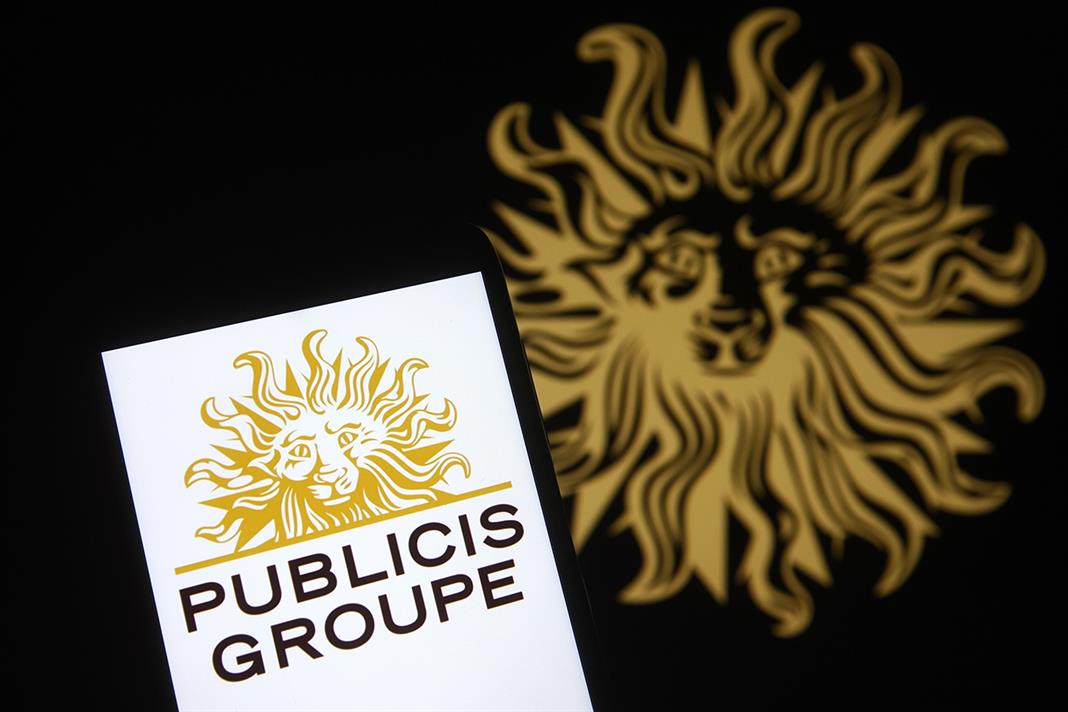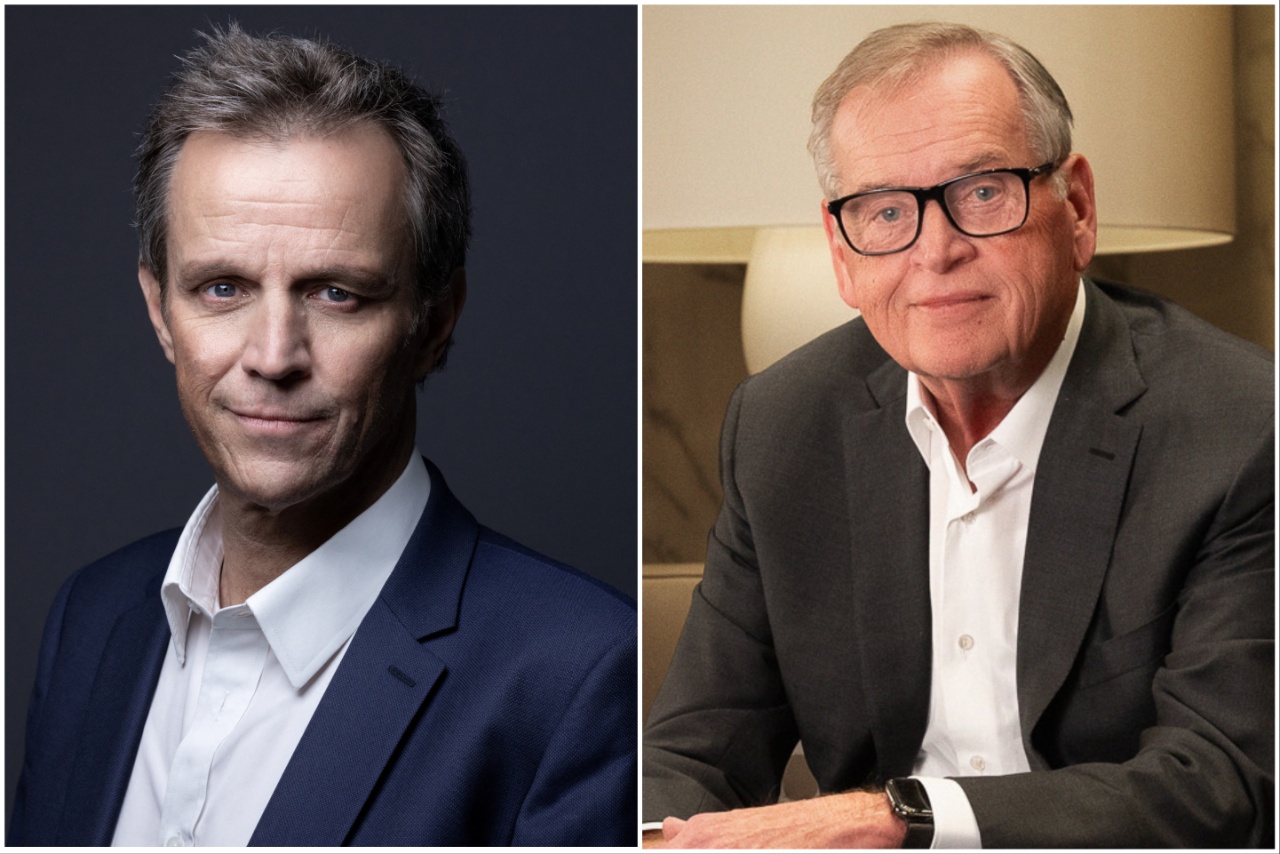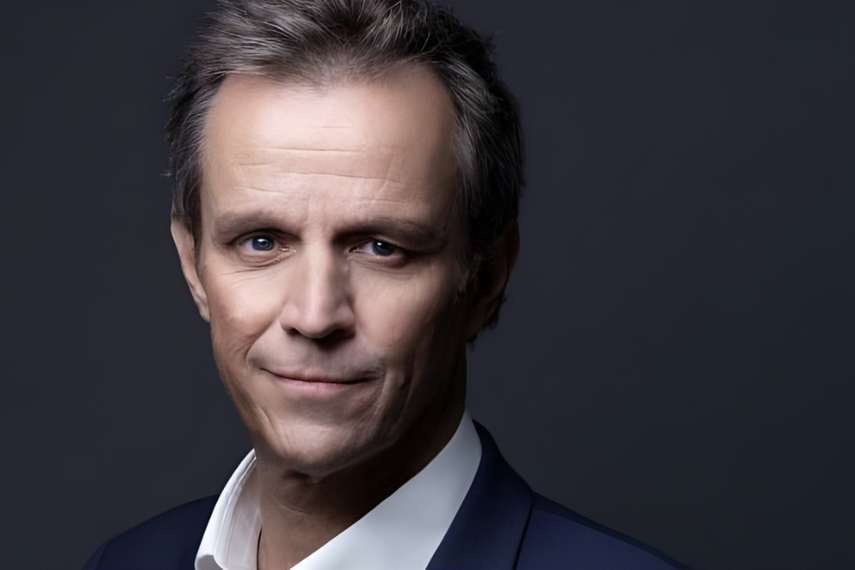Under Maurice Lévy's swashbuckling leadership Publicis Groupe has a long-standing reputation for doing the unpredictable.
Never forget though that Publicis is more than just a communications group. It’s a national institution with connections at the highest level of French government. It’s also a place where tradition and history weigh heavily on anybody who leads it.
And despite all the conjecture that Publicis would, at last, reflect its international status by having a non-French person – perhaps a Briton or an American – lead it, the group’s French roots have again proved too deep.
Even then the process has been a protracted one in which first one contender, then another, seemed to have pole position. The one-time favourite, Jean-Yves Naouri, a powerful but controversial figure within the group, seemed to have got the job wrapped up but was weighed in the balance and found wanting.
This chimes with Lévy’s approach to succession. Play your cards close to your chest and pick your winner by letting the candidates fight it out.
By announcing that Publicis Communications chief executive Arthur Sadoun would become only the third leader of the organisation in its 90-year history, the group follows a consistent pattern in having the incumbent leader selecting a successor on his own image.
When Marcel Bleustein-Blanchet, the Publicis founder, handed command to Lévy, he saw a younger version of himself in his heir apparent. Indeed, Lévy likes to tell of how Bleustein-Blanchet told him on his first day in 1971 that he would eventually run the place.
Now, as he hands control to Sadoun, insiders say Lévy has ensured the group is led by somebody he regards very much as his younger self. Interestingly Sadoun, at 45, is exactly the same age as Lévy when he succeeded Bleustein-Blanchet.
The parallels may not even end there with the possibility that Sadoun will mirror what his boss did in running both the Publicis group and the agency network – at least in the short term.
But while there may be a lot of Lévy in Sadoun, it’s hard to believe that the global ad industry will see Lévy’s like again. Under his leadership, Publicis was transformed from a modest, European network based in a country that had no reputation for creating great advertising and very few clients that could play on the world stage.
Today, Lévy hands over the helm of the world’s third largest communications group embracing such famous names as Saatchi & Saatchi, Leo Burnett and Bartle Bogle Hegarty.
As to be expected, Lévy will be making no abrupt exit but will be taking the place of Élisabeth Badinter, Bleustein-Blanchet’s daughter, as chairman of the supervisory board.
Speaking exclusively to Campaign after Sadoun's promotion was announced, Lévy insists: "I’ll be no back seat driver. I even refused a proposal that would have allowed me to become one. The organisation has to be in the hands of one person."
For Bandinter, the change will be more than just an emotional one because, under French law, she will now be subject to a huge tax bill.
How did Lévy build Publicis?
He puts it down largely to being good at anticipating what’s going to happen and preparing for it. Much of his success, though, stems from being a pragmatist and acknowledging that French advertising needed to rid itself of its arrogance and the huge collective chip in its shoulder if it was to compete in a US-dominated world market.
No surprise, therefore, that Lévy’s route into advertising was far from conventional. Born into a Sephardic family in Morocco, he attended university in New Jersey and began work as an electronic data processor. His first taste of advertising was when he was invited to run a Paris agency’s computer department.
"I remember sitting in the lobby watching people come and go," he later recalled. "They were all about my age. The girls wore miniskirts and the boys had long hair and sneakers like me. It was then I said to myself that advertising was the place I should be."
He claims his IT background helped shape his philosophy at Publicis of combining logic and creativity. His leadership has been defined by a voracious acquisition programme, much of it driven by a desire to make the group the dominant world player in digital communication. This climaxed with the $3.7bn acquisition of Sapient in February 2015 with the aim of it becoming a powerful engine for the group’s digital growth.
"We’ve all underestimated the change that digital will have on consumers," Lévy says. "The amount of ecommerce trading, the necessity of changing communication channels and the way clients deal with the multiplicity of those channels will have a huge impact."
His style has been likened to that of a gambler – something he strenuously denies – or an opportunist. "I may sometimes act in an opportunist way – but I will manage those opportunities," he once told Campaign.
What motivates him above all is his total dedication to Publicis. Much of that stems from the blaze that razed Publicis to the ground in 1971 and his subsequent part in rebuilding the agency that had lost not only its home but its archives, files and creative work.
Lévy and his rivalries
It has bred in Lévy a fierce desire to ensure Publicis gets the respect he believes it deserves. His feud with WPP’s Sir Martin Sorrell runs long and deep. And he has never forgotten what he perceives was the patronising attitude of its one-time global partner, True North, which it divorced amid such acrimony in the 90s.
Nowhere was the schism more apparent than in the relationship between Lévy and True North’s then chairman, Bruce Mason.
"Mason thinks we are from the third world," he famously remarked. "We are good enough to choose the wine for his table but not to sit at it."
Protecting Bleustein-Blanchet's legacy
Lévy’s loyalty to Publicis is total and was no better illustrated than in the deal he brokered some years ago to settle a boardroom battle which threatened to take Publicis out of family control.
Élisabeth’s sister, Michele, had planned to sell her shares, upsetting the complex family trust system put in place by her father. Lévy, fearing the psychological effect on staff and clients should the group become fully public, headed off the threat by turning Michele into one of France’s richest women, worth an estimated £100 million.
"Marcel had asked me to do something to protect the interests of his family and I did it," he said afterwards. "He had chosen Elisabeth to be at the helm because she respects his legacy. It was very clear which way I had to go."
Mega-merger goes awry
Inevitably, though, Lévy’s reign at Publicis will be clouded by what was to have been a spectacular coup de théâtre – a $35bn merger with Omnicom – but which looked more self-serving the more it unravelled and finally collapsed in May 2014 over tax issues that couldn’t be resolved.
The aborted attempt to create the world’s largest marcoms leviathan would – by Lévy’s own admission –have left Bleustein-Blanchet "turning in his grave". It was certainly a deep humiliation for Lévy who had to endure the taunts of his long-time nemesis Sorrell who claimed that in trying to knock WPP off the top rung Publicis and Omnicom had shown that their "eyes were bigger than their tummy".
Some suggested that the Omnicom debacle might impact on the future leadership structure of Publicis with shareholders opting for a more collegiate system and a change of emphasis away from Lévy’s risk-taking management style.
While that hasn’t happened, it may be that Lévy’s departure signals an end of the time when marketing communications giants seem like extensions of their leaders’ larger-then-life personalities.
Lévy, as to be expected, is no shrinking violet on the subject of his achievements. "We’re in a unique position," he says. "We’ve become the kind of company everybody is looking for. We’re client-centric and although we’re ranked number three in the world we’re number one in digital. It’s not only unique but it works beautifully."
(This article first appeared on CampaignLive.co.uk)




